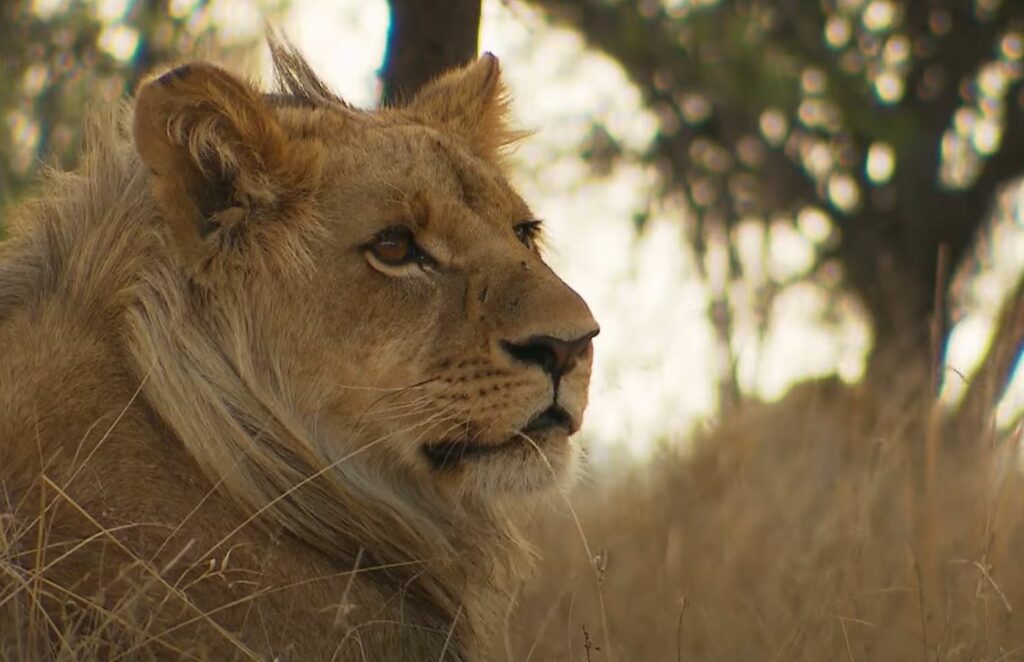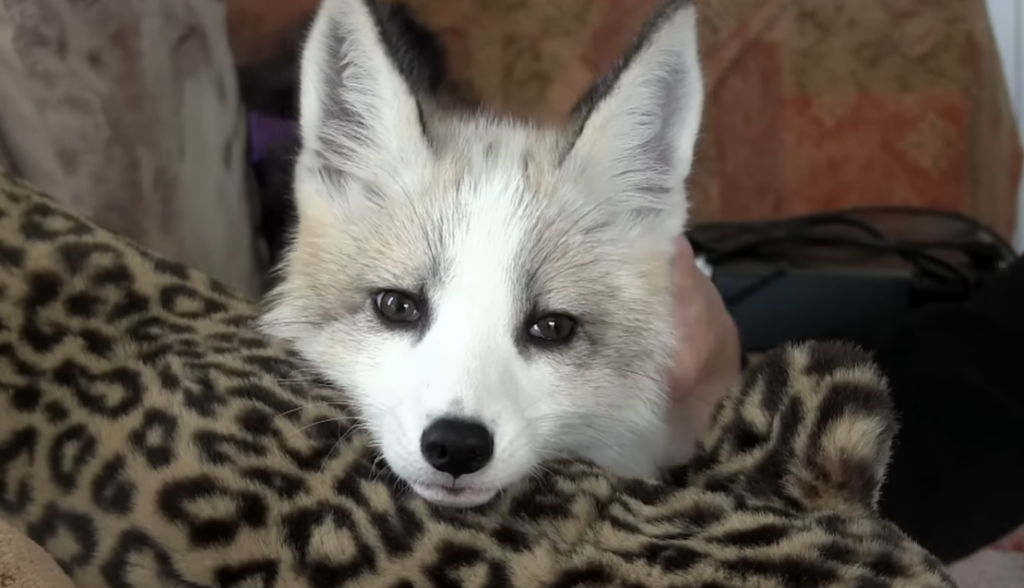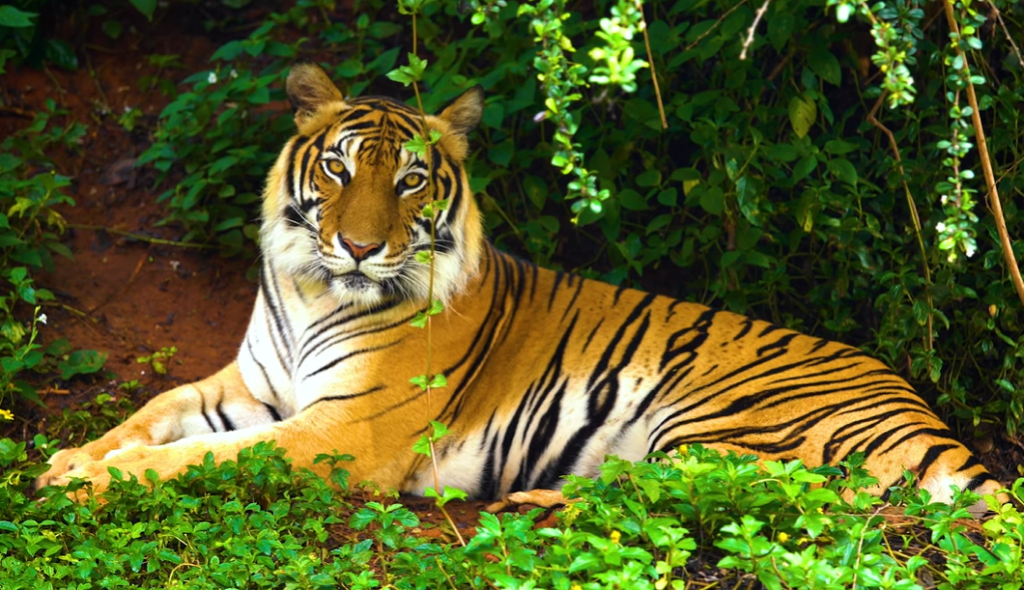People’s tendency to keep wild animals at home is a widespread issue in the contemporary community. This could be attributed to the love for nature, enthusiasm about decorating one’s home with exotics, or even a lack of knowledge of the risks and complications that appear while keeping them.
This comes with a lot of dangers that not only affect the animals but also their owners as well.
If you have a pet, it is necessary to understand that feeding and taking care of pets is an indispensable part of their healthy life. With proper care instructions and specific products, that process may become much easier for owners so they can provide ideal conditions to their pets.
So, keeping a wild animal at home can be a problematic choice in several ways:
Wild Biodiversity Conservation
This cannot be overstated enough, considering the role that wild animals play in the ecosystems. They perform several key functions: they control the numbers of other species, seed dispersal, and balance nature. The removal of animals from the wild can greatly disrupt this balance, and it results in environmental damage. Most of the time, animals suffer from severe consequences, which in extreme cases, can sometimes lead even to their extinction.

Ethical Aspects
Wild animal training and education are problems.
Training wild animals usually involves interfering a lot with their natural lifestyle. This, in turn, can cause stress and aggression among the animals as they are compelled to obey commands that appear unnatural to them.
In contrast, domestic pets can be trained with methods aligned with their natural instincts. There are a lot of sources online that teach you how to train them – whether it’s obedience training, potty training, or teaching them simple tricks.
Additionally, if you want to take pet training to another level, remote animal jobs on Jooble can help you find opportunities to develop the skills you need. There’s just a lot of prospects and widespread knowledge when it comes to training domestic pets.
Such is not the case with wild animals. It’s essential to recognize that they should remain in their natural habitats to thrive.

Wild animal captivity is a major issue that needs to be addressed.
Animal suffering in a domestic environment becomes both physical and emotional. In animals, such a lack of opportunity for natural movement and food retrieval can lead to depression and a sense of apathy. Under-stimulation impacts their mind negatively because, in a natural habitat, they are provided with different stimuli daily. In the home conditions, they might have a monotonous life.
Limitations in natural behavior.
It is very natural for many wild species to migrate and also hunt. These needs usually remain unmet at home, and it can cause anxiety with a very adverse impact on both the physical as well mental status. Wild animals raised in a home very often find it hard to adjust. They might not be able to adapt well in a place that is mostly unnatural for them.
Health and Safety
Risks of disease transmission.
Wild animals can carry many diseases which include viruses, bacteria, and also parasites [1]. These animals are very dangerous to the owners if they come in direct contact, especially without observing the necessary precautions. Moreover, the wild pets themselves are prone to many diseases that spread among them. This allows the disease to transfer from wild pets to domestic ones.
Danger to owners and others.
Even domesticated animals, living in a captive environment, can show signs of hostility. This can have a real impact on the owners and other people, especially if the animal gets really stressed or threatened. Having a wild animal as a pet in the house, particularly with young children may put these at risk for their safety. Trained animals in the wild may not be predictable all the time.

Wild animal care can be difficult.
Some wild species might need special care and diets that are not always easy to arrange at home. If animals are not properly catered for, it can cause many diseases and stress. An investment of time and also money is needed to maintain a wild animal. However, a lack of training or capability in caring for the animal may result in either health or welfare problems.
Legislation and licensing
Different countries and regions have different laws that indicate the licensing standards, keeping conditions, and also the species to be kept. However, even though the legislation does exist, inadequate control by the relevant authorities would open doors to illegal trafficking and uncontrolled keeping of wild animals.
To address this issue, it’s important to focus on animal rights [2]. This means following the laws, promoting conservation, and respecting nature when it comes to keeping wild animals at home.
Conclusion
Keeping wild animals at home may seem appealing to some, but it brings big problems. It’s not just about being kind to animals; it’s also about making sure we don’t mess up the environment and put ourselves in danger.
Wild animals are not pets—they have different needs and can carry diseases. When we take them from their homes, we disrupt the balance of nature. We need to follow the rules, protect animals’ rights, and support efforts to keep wildlife safe.
